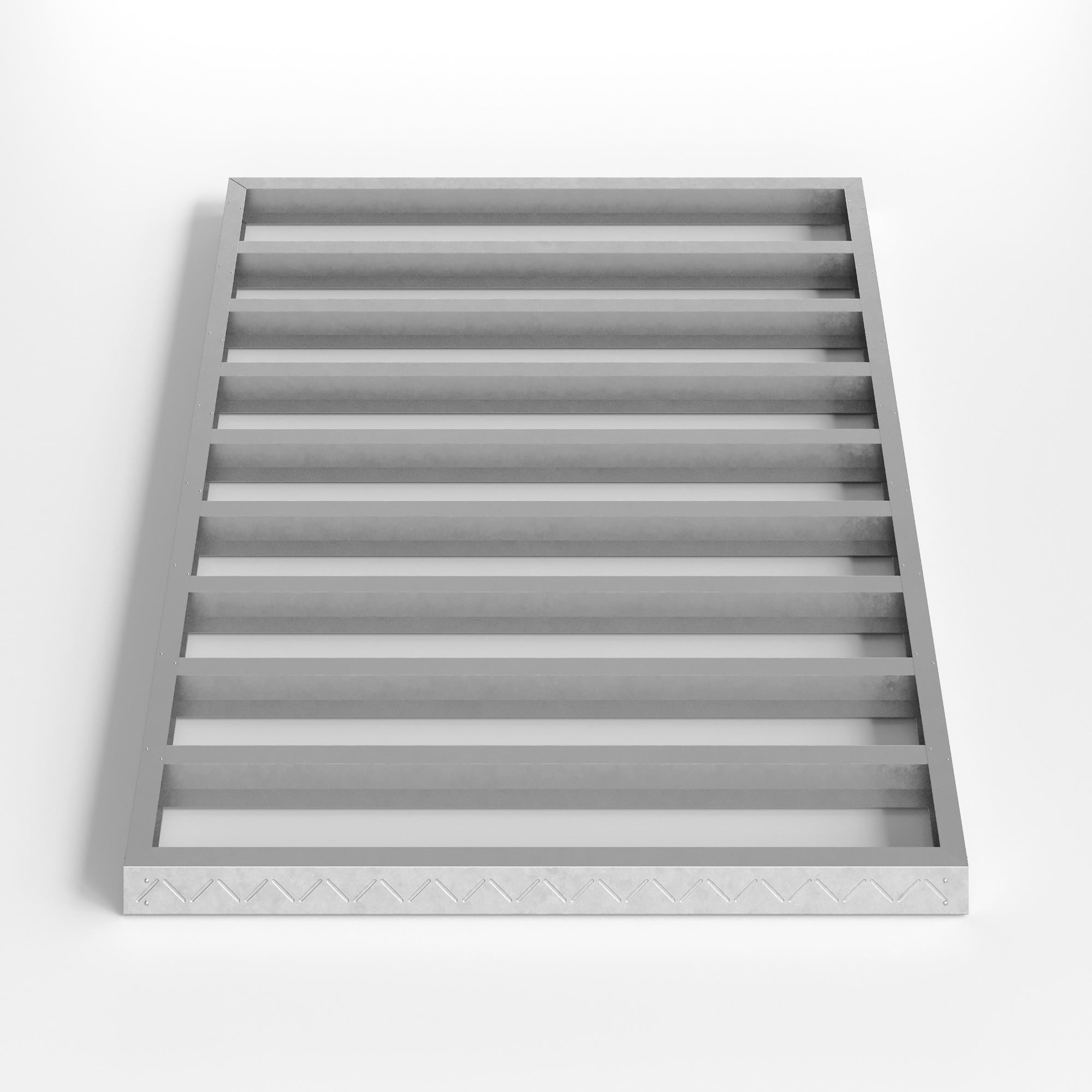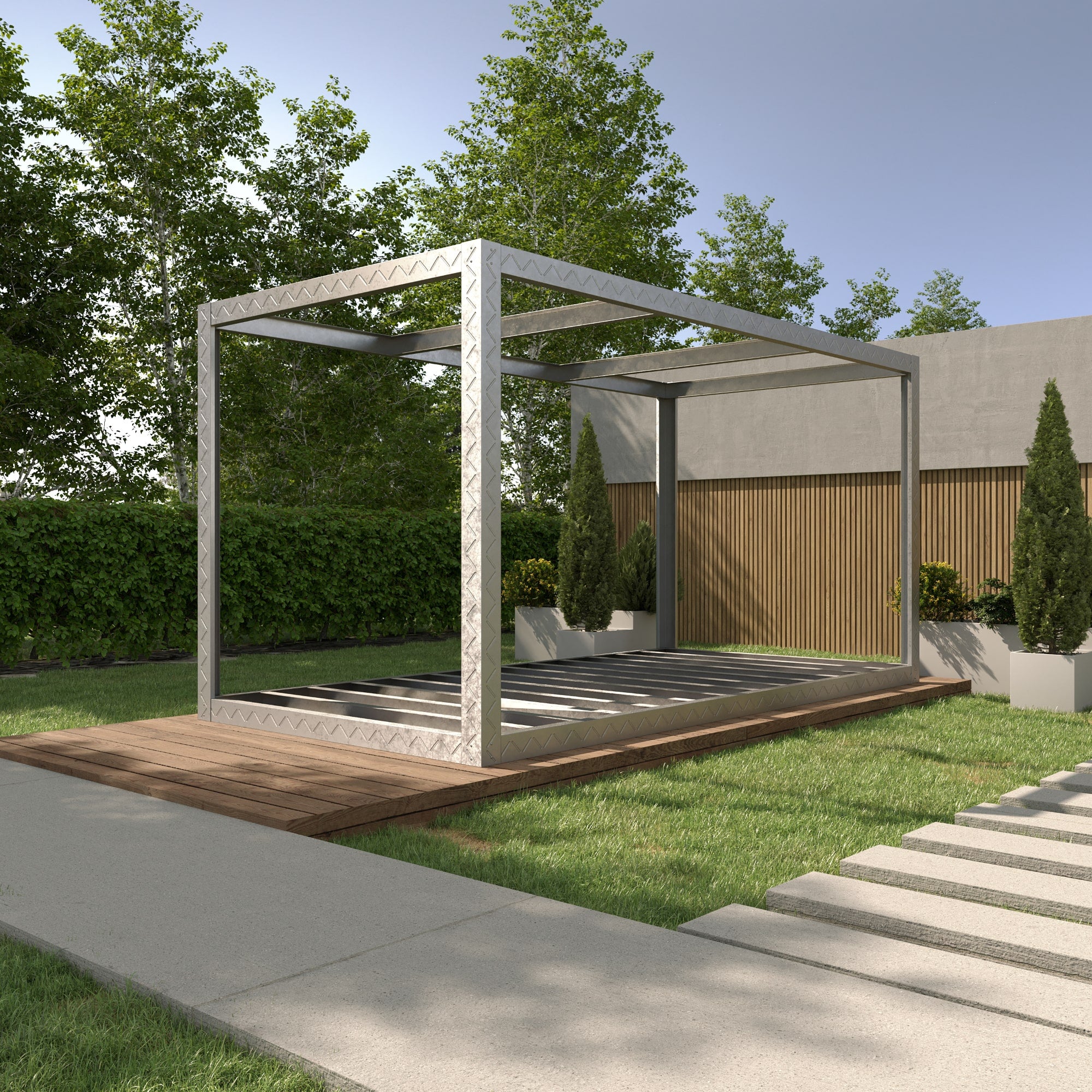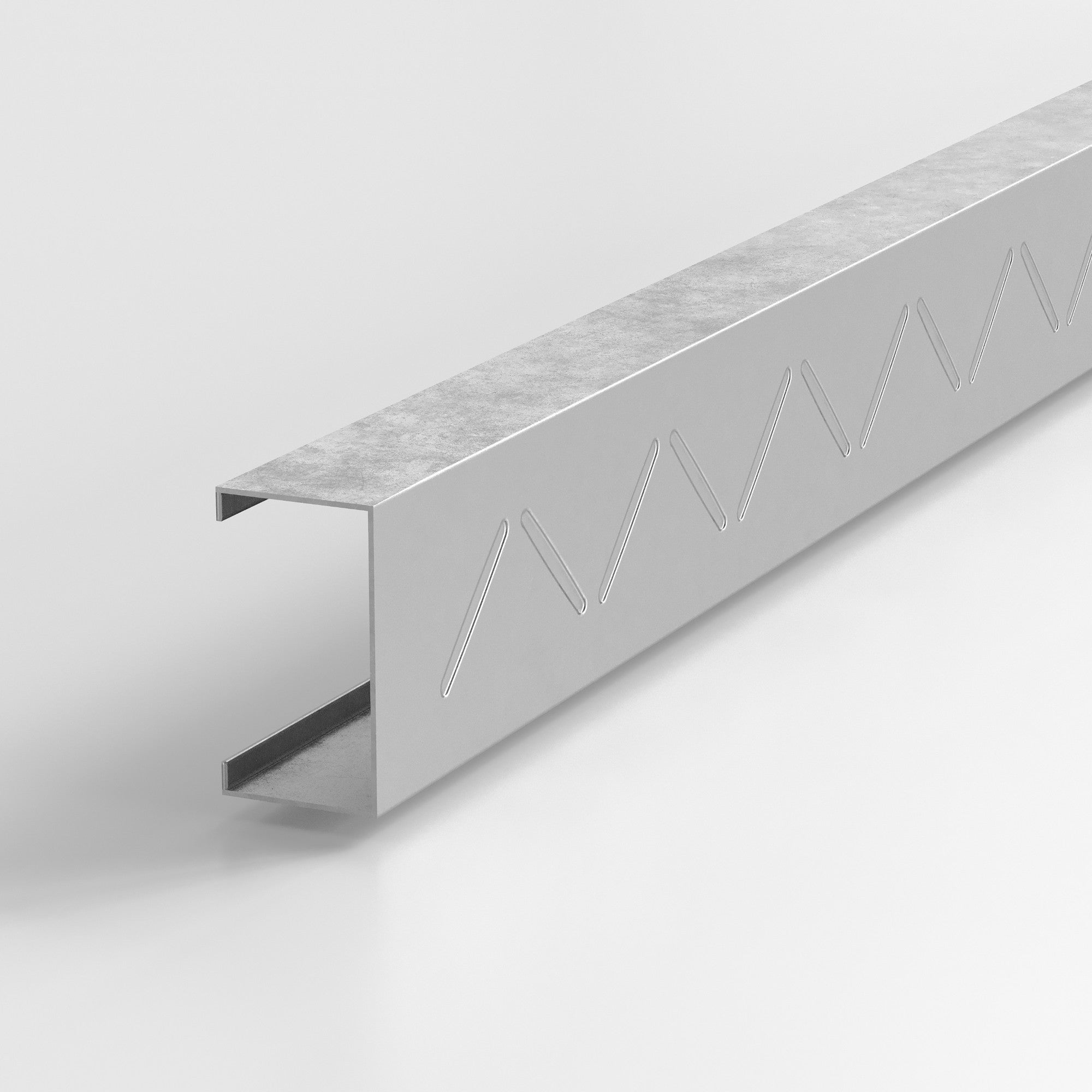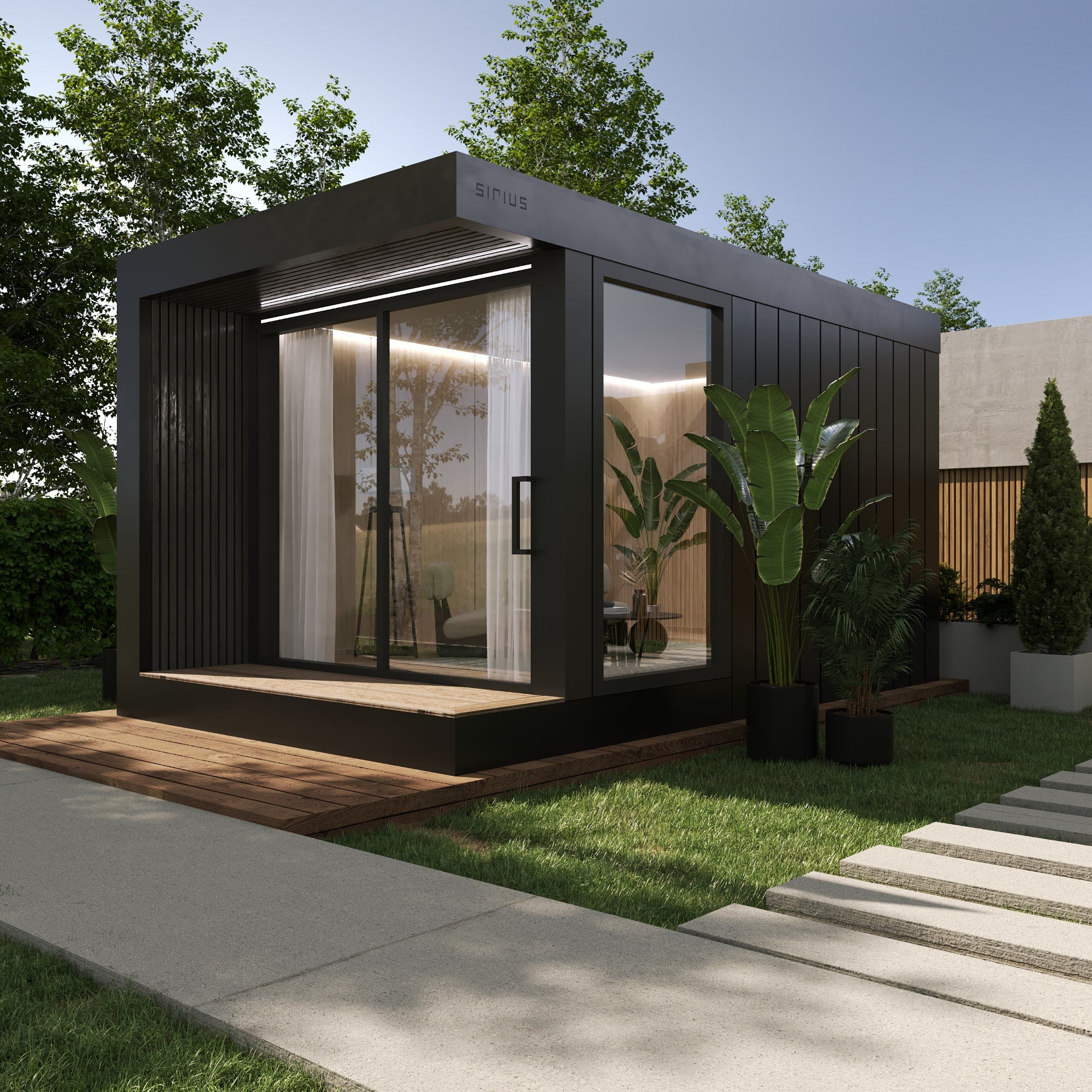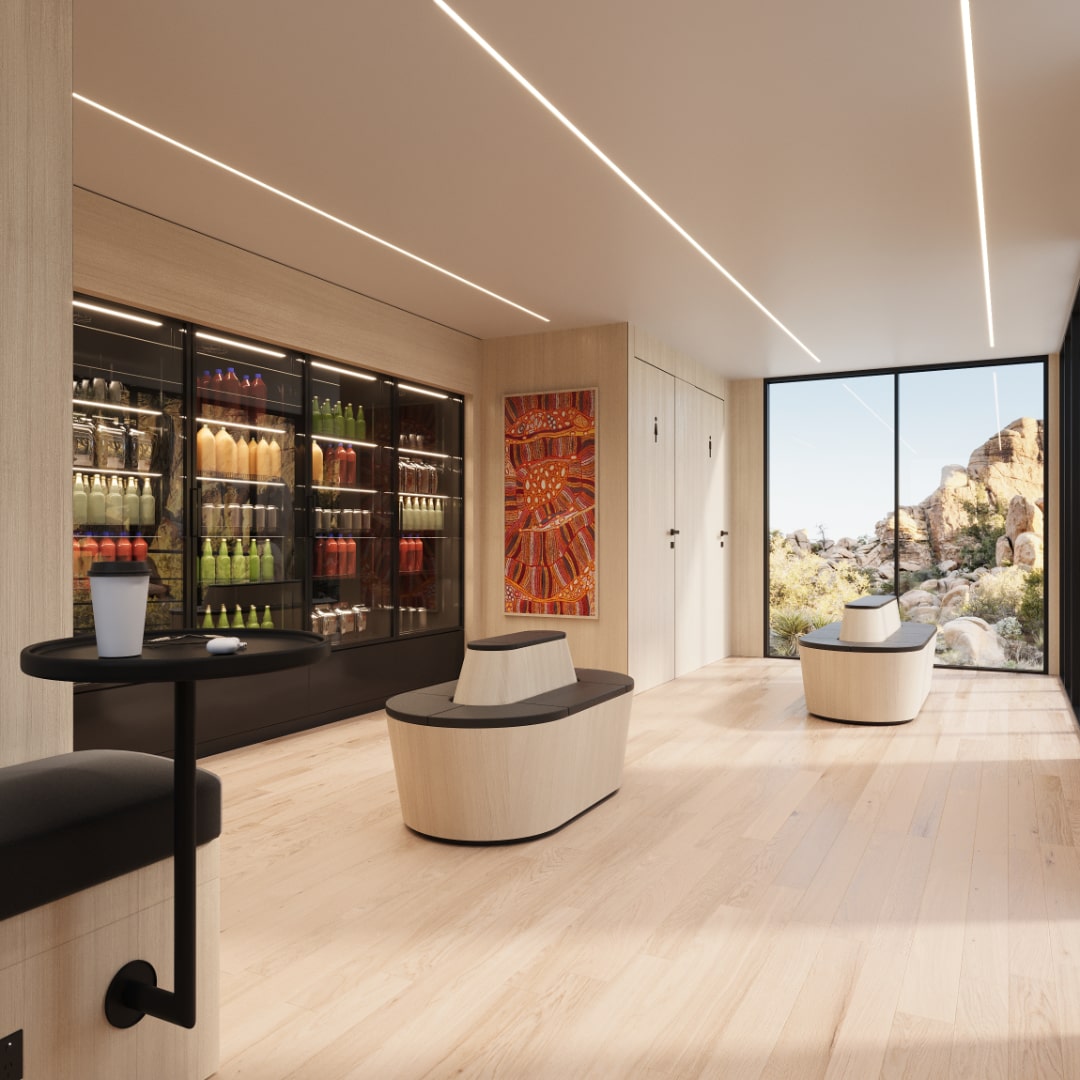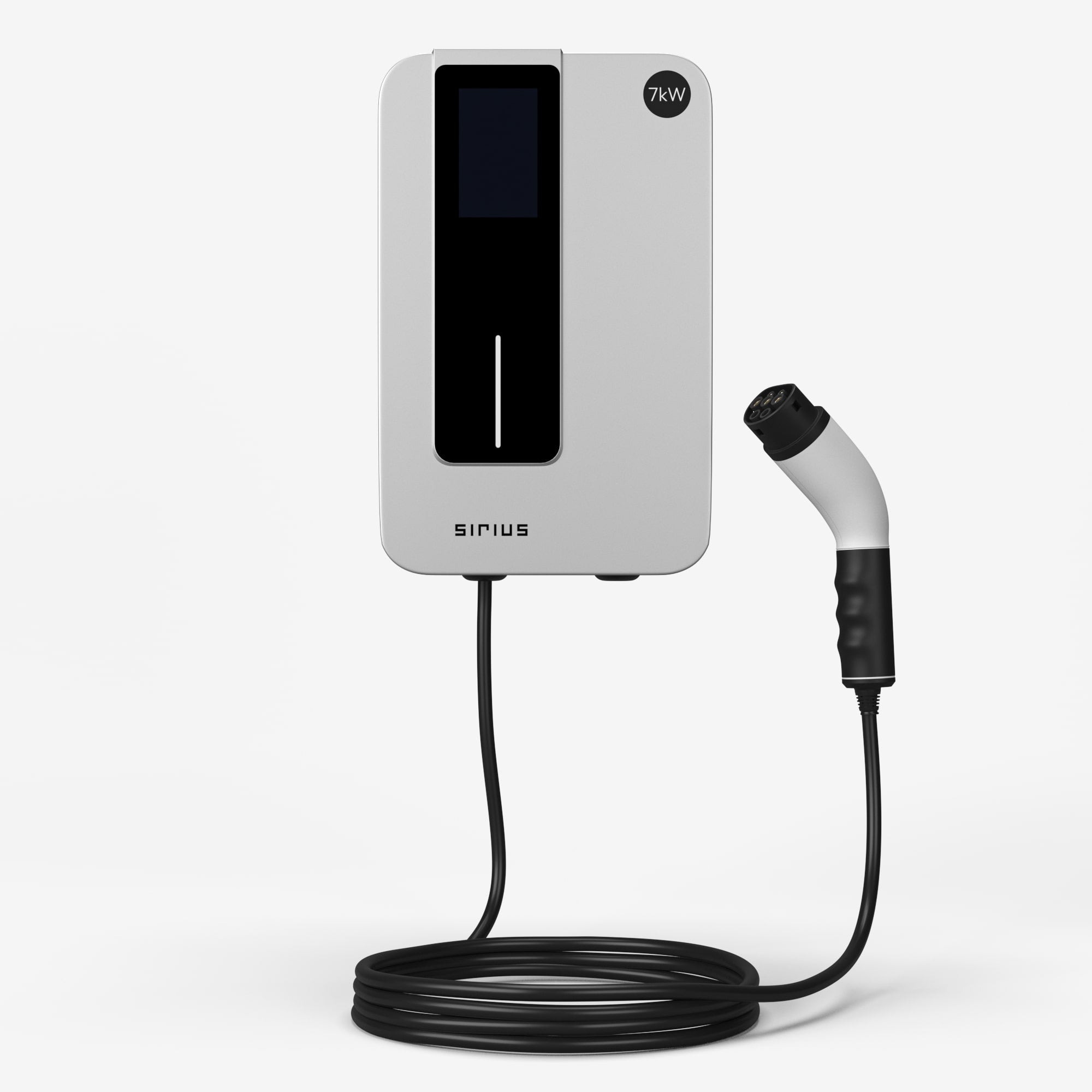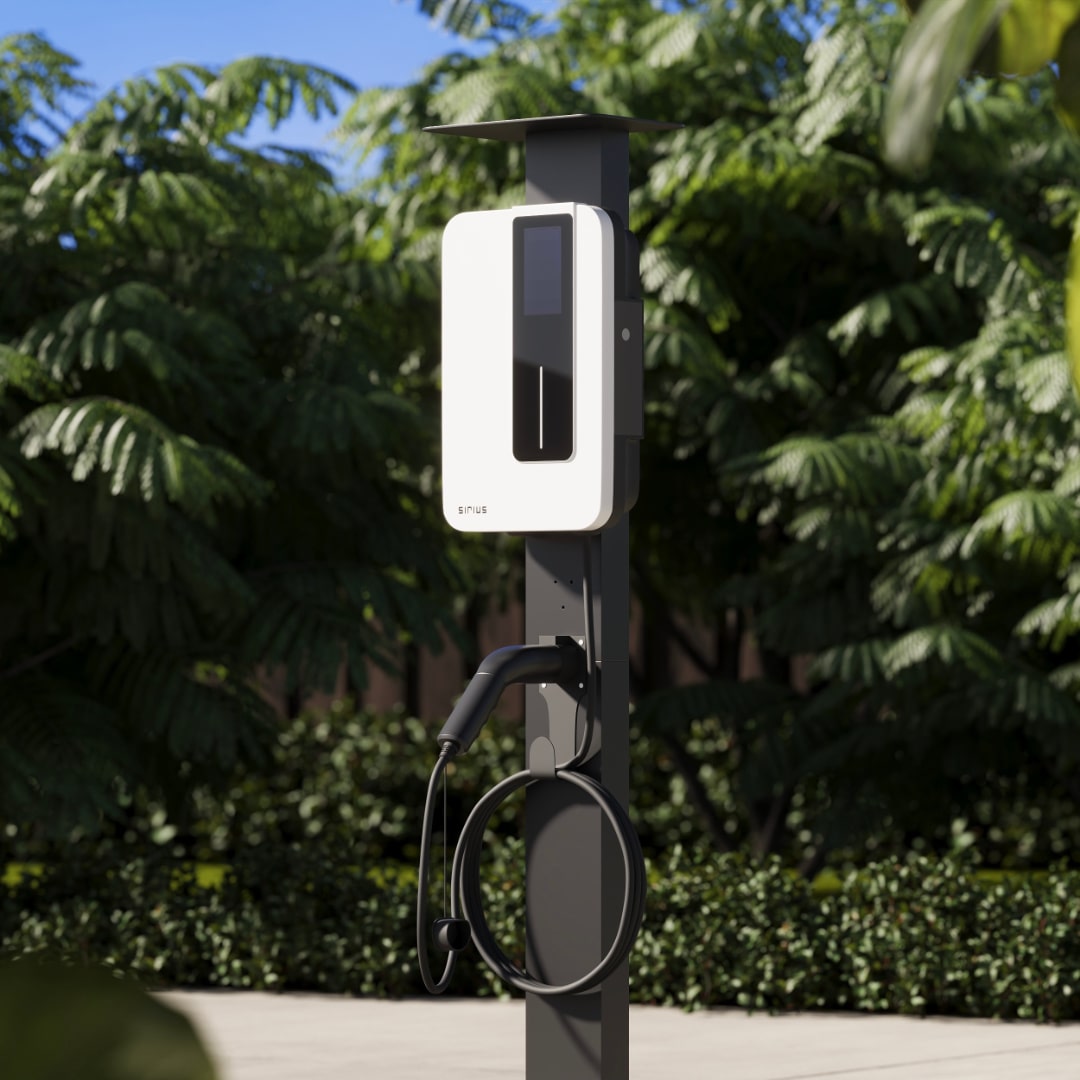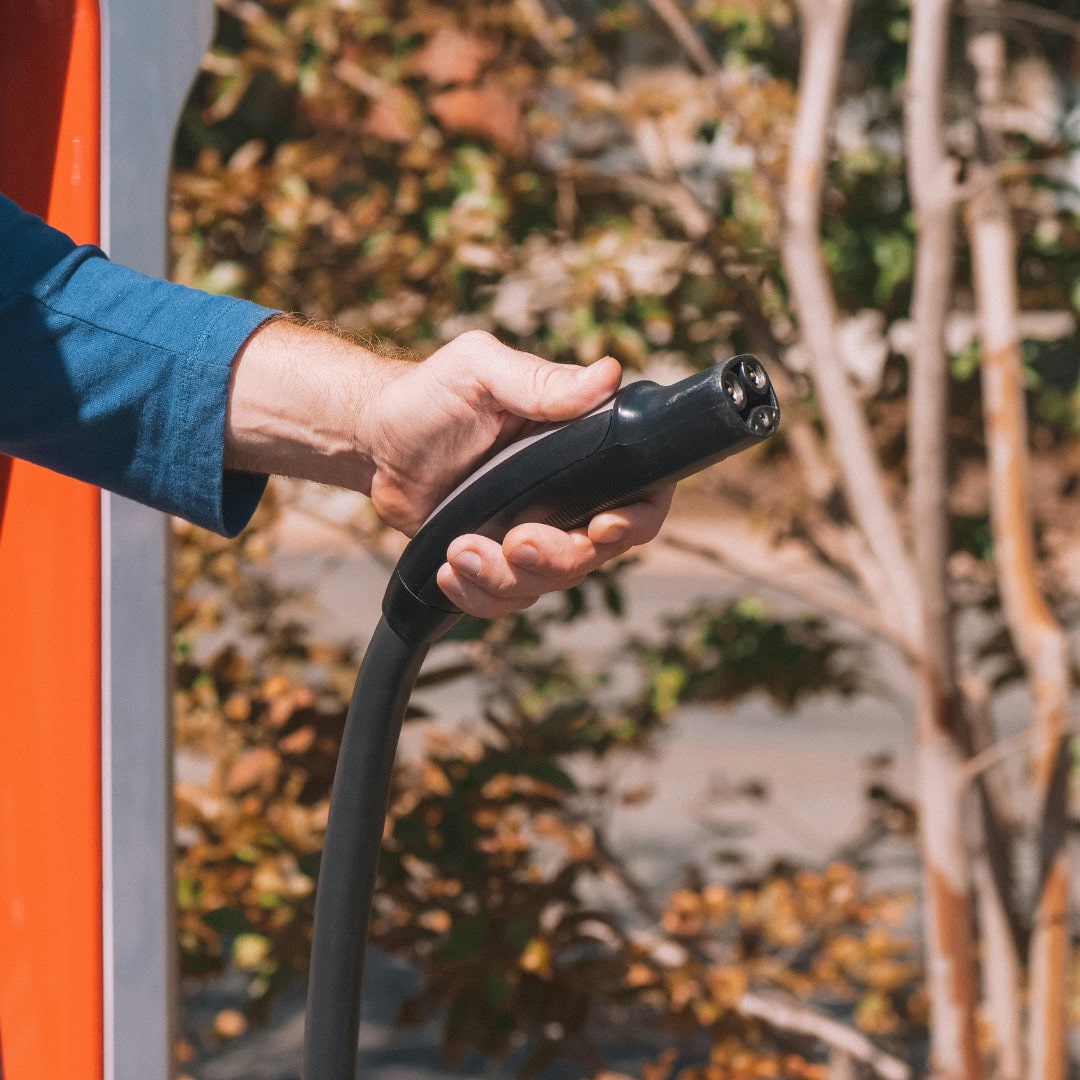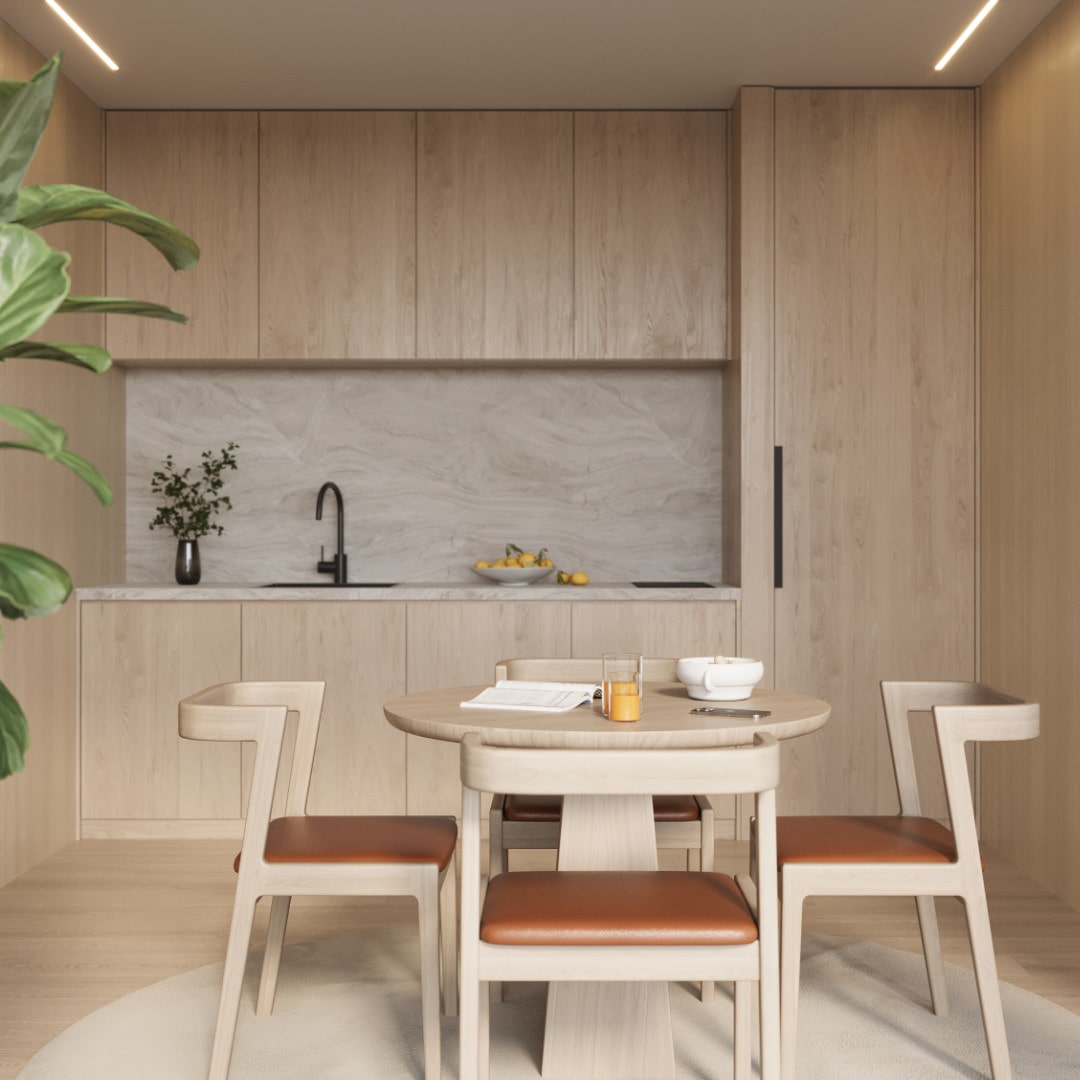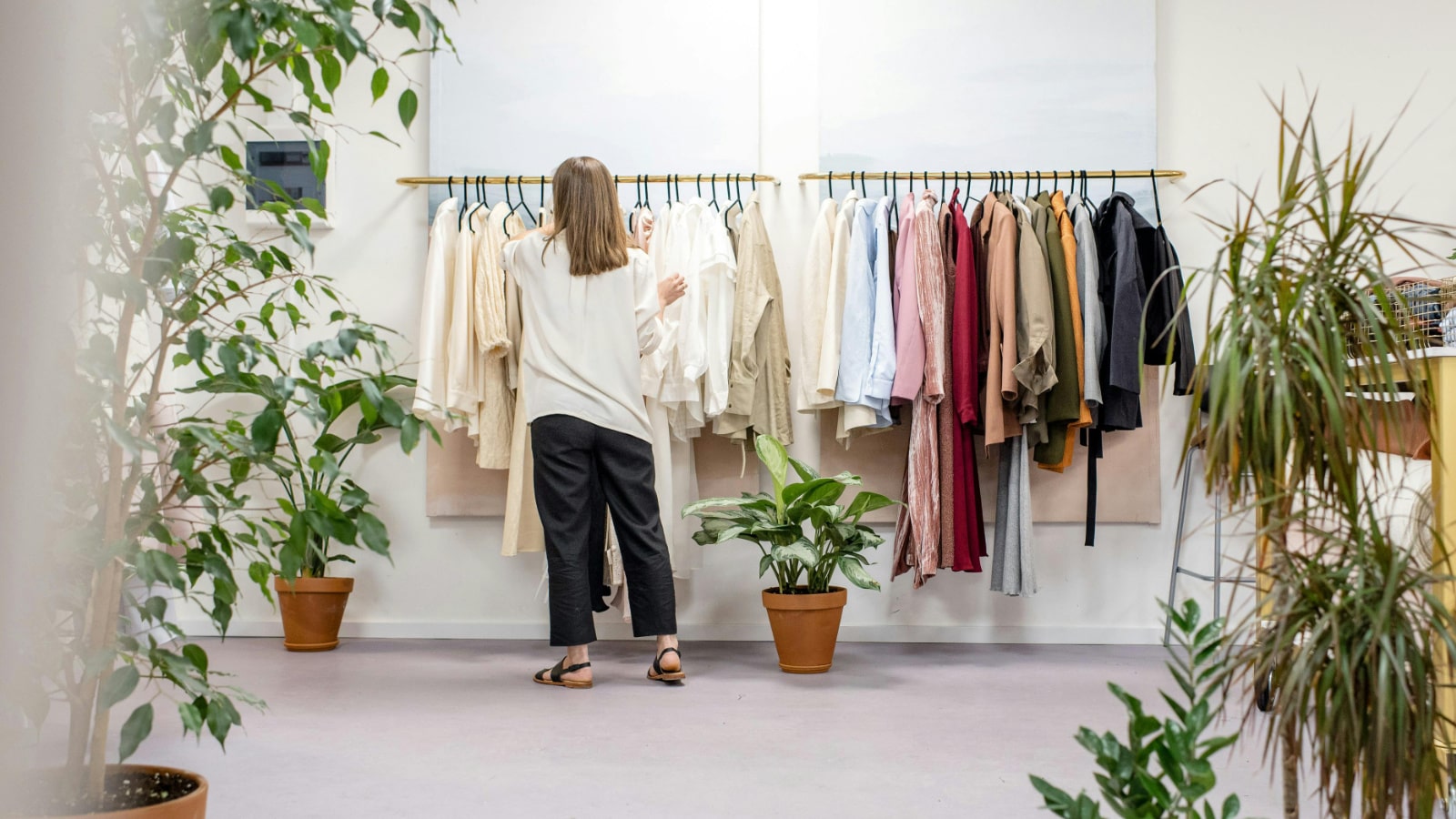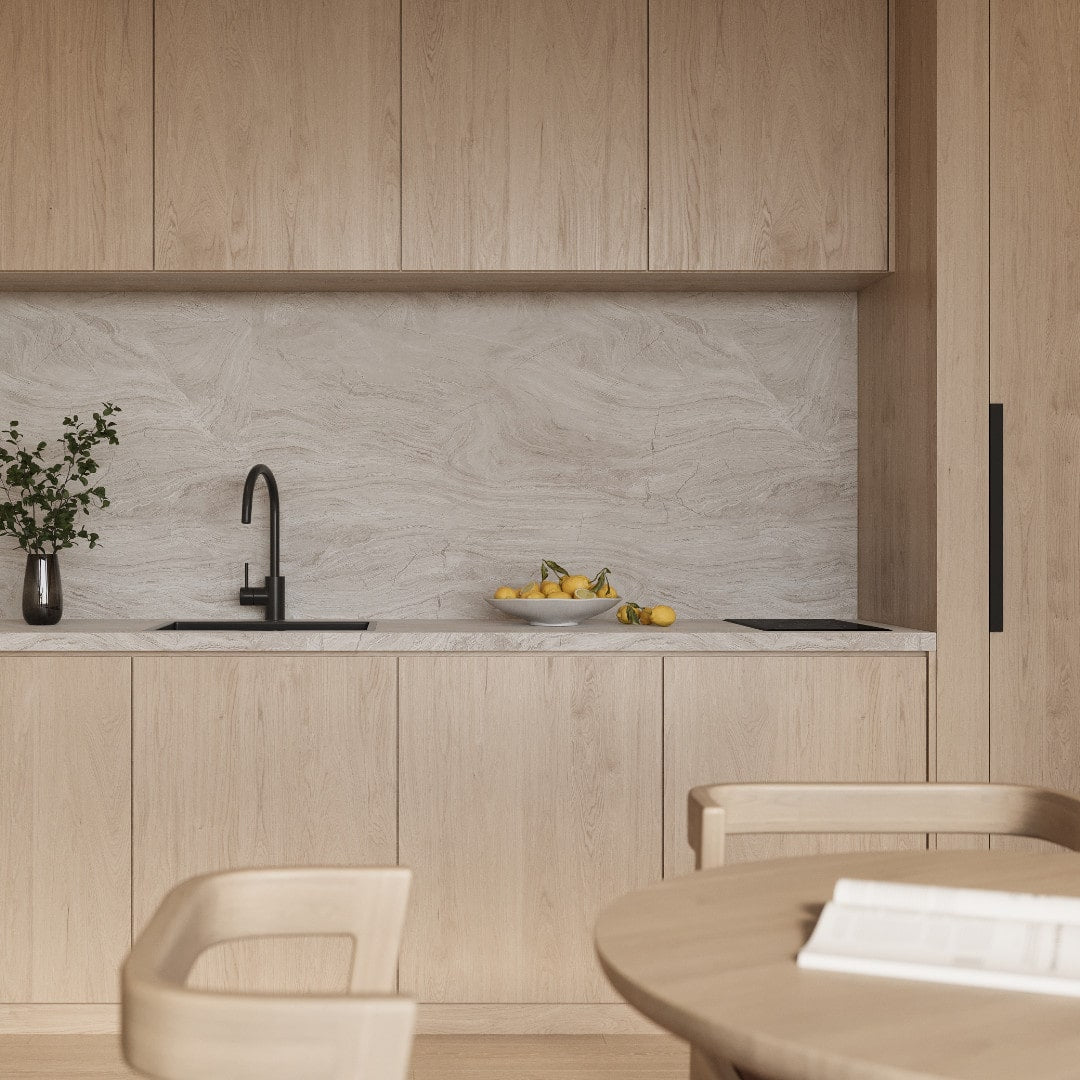Retail Reinvented
Traditional retail is in flux. With rising rents and changing consumer habits, brands need new ways to connect with customers. Modular pop-up stores are becoming the fastest, most flexible way to test markets, launch products, and drive foot traffic.
The Rise of the Pop-Up Economy
- Short-term leases no longer suit fast-moving retail.
- Brands need presence in high-traffic locations without long commitments.
- Consumers expect novelty — rotating pop-ups keep experiences fresh.
Why Modular Wins in Retail
- Speed of deployment: A branded store can be operational in weeks.
- Flexibility: Units can move between locations — shopping centers, festivals, high streets.
- Brand immersion: Modular design allows full customization of interiors and façades.
- Lower risk: Trial new locations without signing long leases.
Case Studies & Examples
- Fashion brands using modular pop-ups to test markets before flagship stores.
- Food & beverage operators deploying seasonal outlets in tourist hotspots.
- Tech brands using pop-ups for immersive product launches.
The Customer Experience
Pop-ups create a sense of urgency and exclusivity:
- “Limited time only” drives immediate visits.
- Smaller, curated collections improve conversion rates.
- Instagrammable design builds organic marketing.
ROI for Operators
- Modular stores attract foot traffic by standing out visually.
- Flexible layouts let operators experiment with product placement.
- Data from short-term activations informs long-term retail strategy.
The future of retail is not static — it’s agile, flexible, and experiential. Modular pop-up stores give brands the speed and presence needed to thrive in today’s market.
